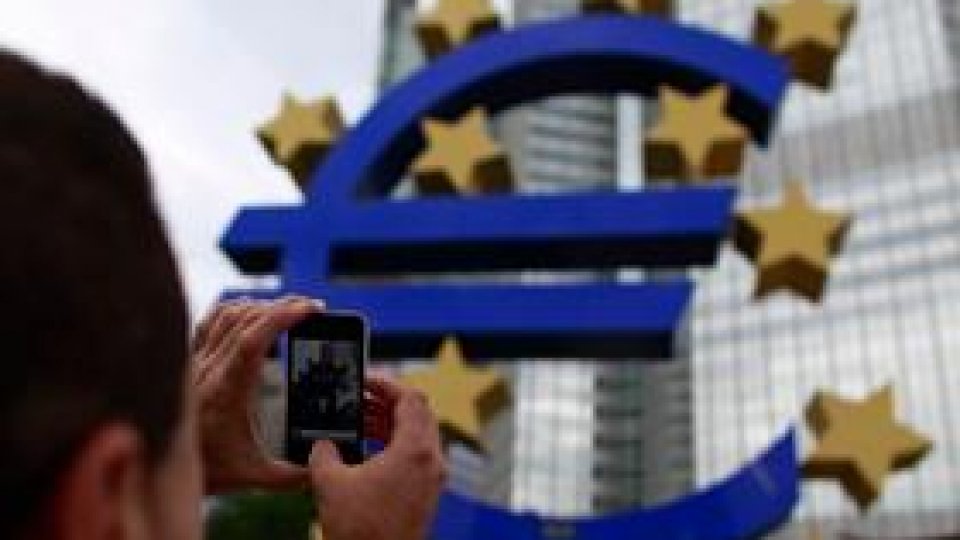Romania and the Eurozone
Romania’s President Klaus Iohannis, Prime Minister Victor Ponta and the Central Bank governor, Mugur Isarescu met on Thursday to discuss Romania’s goal to join the Eurozone.

Articol de Radio România Internaţional, 30 Mai 2015, 14:05
Romania’s President Klaus Iohannis will convene political parties for consultations in an effort to find national consensus on the country’s joining the eurozone. The decision was announced shortly after the President had discussed the issue with Prime Minister Ponta and the Central Bank governor Mugur Isarescu, on Thursday. According to a release by the Presidency, “a consensus on Romania’s joining the eurozone will allow for the adoption of a national strategy for switching to the euro and of a rigorous timetable for the economic, monetary, legislative and institutional measures likely to offer Romania a stable and predictable economic development.”
Romania’s joining the eurozone, in spite of being the Romanian decision makers’ constant goal in recent years, has been repeatedly postponed, as an envisaged target. The discussion about deadlines alone is rather dangerous, Mugur Isarescu has pointed out. Only three weeks ago, the Central Bank governor said that drawing up a timetable for Romania’s joining the eurozone was much more important than setting a deadline for the accession proper. In the absence of a roadmap, Isarescu went on to say, the debates scheduled for January 1st, 2019, a date the Romanian Government included in the Convergence Program submitted to the European Union, would be pointless.
Also on Thursday, the relevant authorities decided to set up a Committee for the Coordination of the Process of Switching to the Single European Currency, likely to ensure the planning, coordination and monitoring of the stages required by the euro convergence.
In turn, the Prime Minister said, a month ago, that a joint effort by the Government, Parliament and the National Bank was needed for the country to join the eurozone and made it clear that Romania meets all nominal criteria for it. However, in order to be truly prepared to join the eurozone, Romania’s economy must be competitive, Bucharest authorities say. In terms of economic growth rate, the country has stood quite well in the past few years and its prospects are equally good. World Bank analysts have predicted that in the next two years Romania and Poland, alongside other Central and East Europe states, will continue to grow in economic terms at a faster pace than the western countries.
The consolidation of the domestic demand, the progressive recovery of the investment sector and an increase in exports will contribute to economic growth, The Financial Times writes, based on a 2-year economic forecast issued by the World Bank. Romania’s economy went up by 2.8% in 2014 and the World Bank anticipates a similar advance this year.














